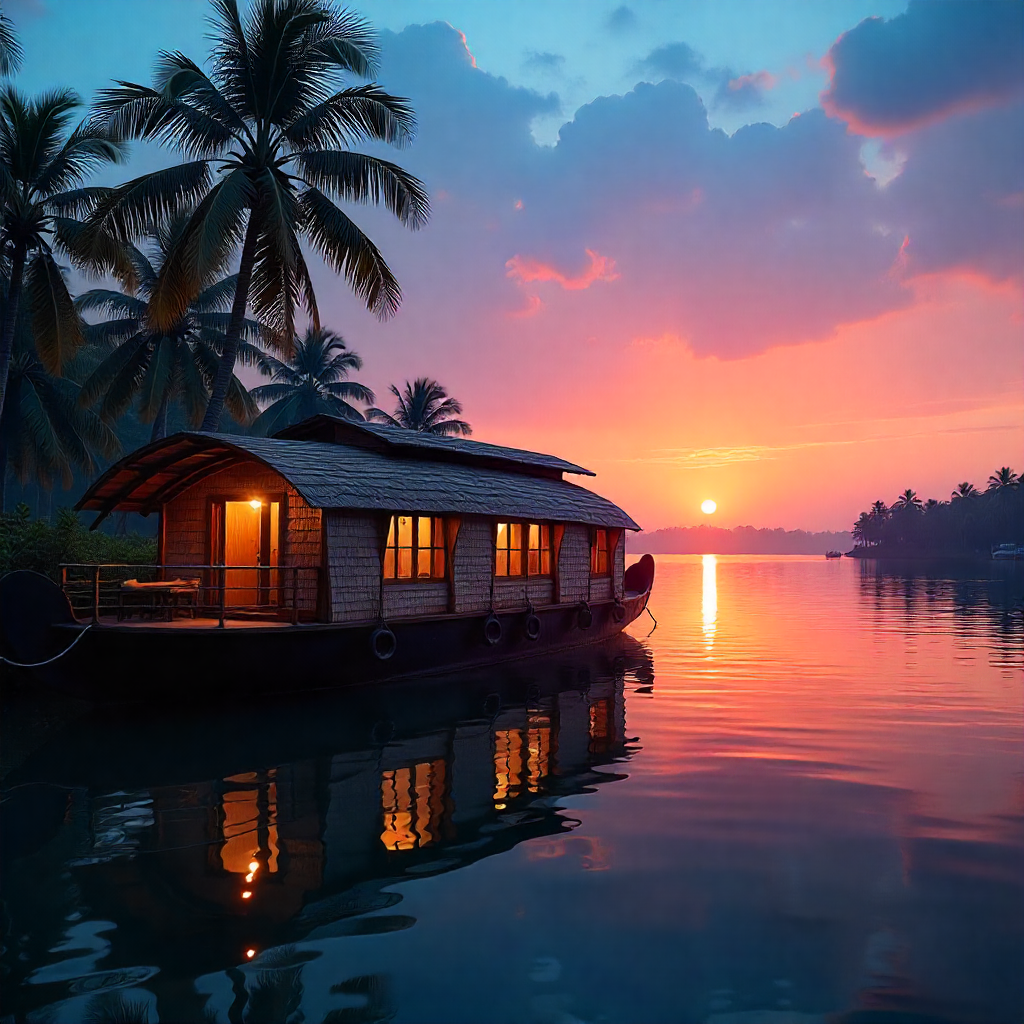As sustainable tourism continues to thrive in 2025, travelers are seeking authentic, off-the-grid experiences that are both enriching and environmentally responsible. Southeast India, a region known for its diverse ecosystems, lush forests, and rich cultural heritage, has quietly become a hub for Hidden Eco-Stays that combine comfort with sustainability.
From bamboo cottages nestled in the Nilgiri Hills to coastal retreats along the Bay of Bengal, here are the top hidden eco-stays in Southeast India that you absolutely need to visit in 2025.
1. The Forest Edge Retreat, Yercaud – Tamil Nadu
Tucked away in the Eastern Ghats, Yercaud offers a cool, serene alternative to Ooty. The Forest Edge Retreat is a small-scale eco-lodge built using reclaimed wood, bamboo, and earthen plaster. Solar panels power the entire property, and the water comes from rainwater harvesting tanks.
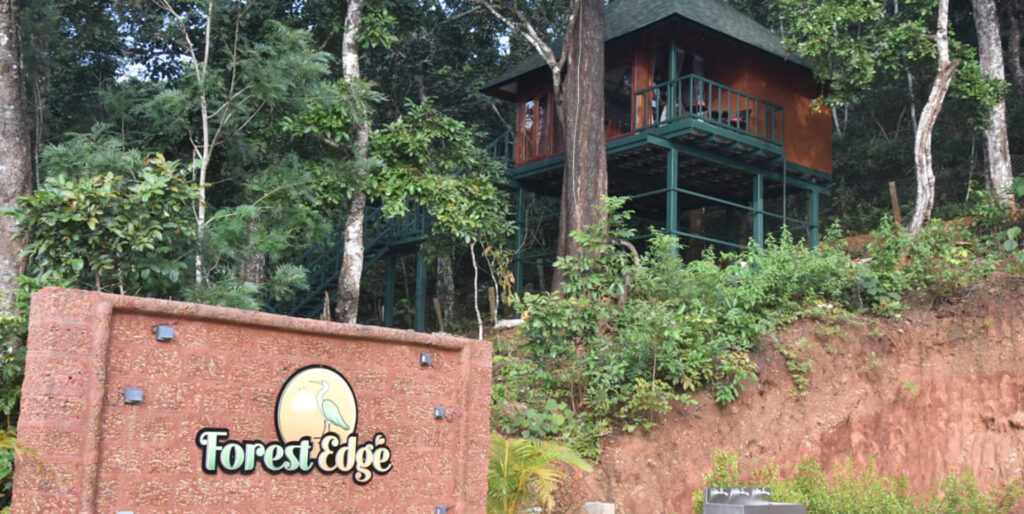
Why Visit?
- Organic farm-to-table meals
- Birdwatching and butterfly walks
- Workshops on native flora and permaculture
This hidden eco-stay blends rustic living with panoramic hilltop views, making it an ideal retreat for eco-conscious travelers.
2. Mangaluru Eco Beach Huts – Coastal Karnataka
Mangaluru may be known for its temples and seafood, but hidden along its quieter stretches of beach are a few eco-conscious gems. These beach huts are crafted entirely from coconut thatch and bamboo, with compost toilets and zero plastic policies.
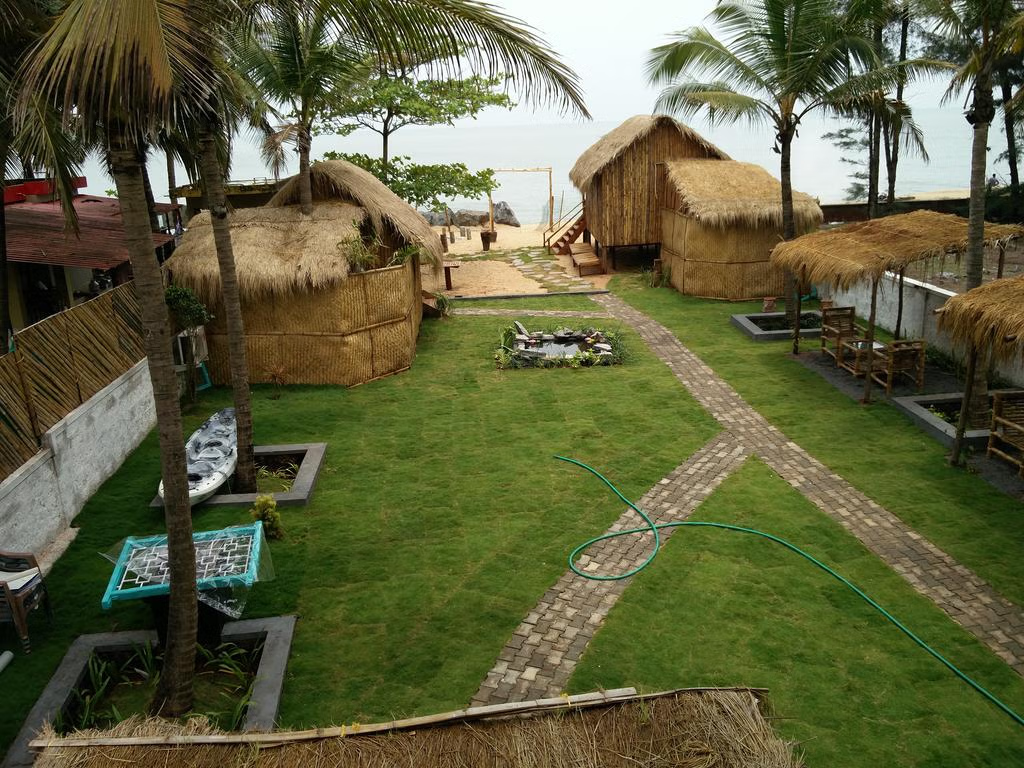
What Makes It Unique?
- Turtle conservation volunteering
- Ayurvedic massages and seaweed wraps
- Nighttime bioluminescence beach walks
3. Kambalakonda Forest Eco-Camp – Visakhapatnam, Andhra Pradesh
Located within the Kambalakonda Wildlife Sanctuary, this little-known eco-camp offers a rare chance to sleep inside a forest reserve. Tents and cottages here are built on stilts to reduce forest disturbance.
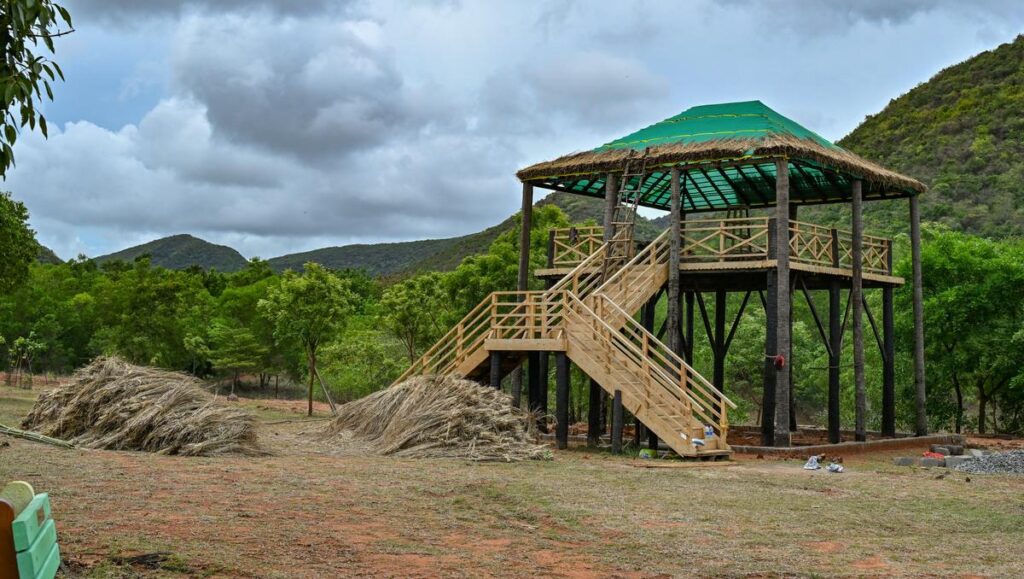
Experience Highlights:
- Nature treks led by tribal guides
- Forest-to-table meals using foraged herbs
- Butterfly gardens and insect education
This is one of the most immersive hidden eco-stays in Andhra Pradesh and ideal for wildlife photographers and nature lovers.
4. Tharangini Farm Stay – Hyderabad Outskirts, Telangana
Hidden on the outskirts of Hyderabad is Tharangini Farm Stay, an organic farm built on sustainable principles.
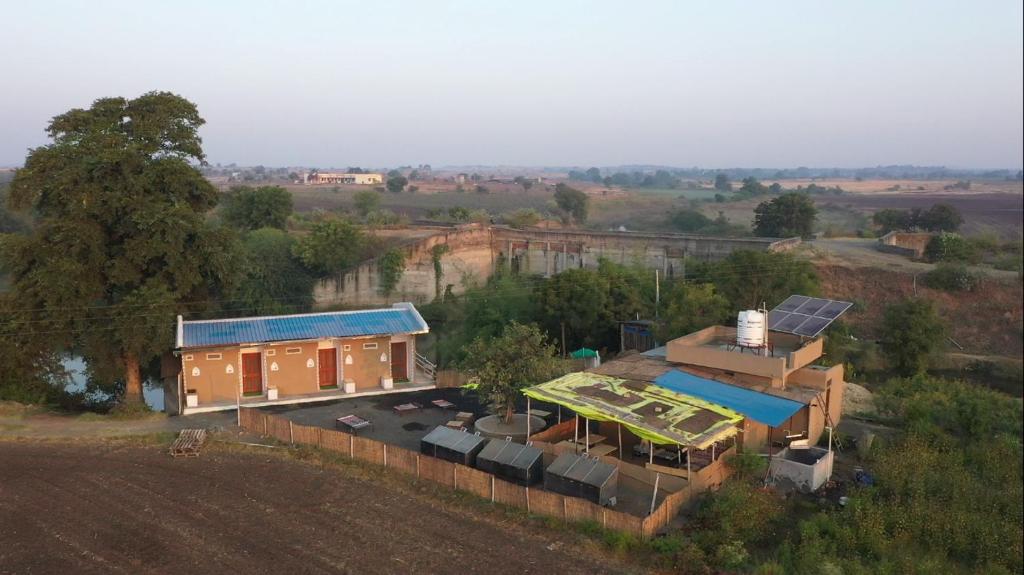
Eco-Friendly Features:
- Vermicomposting toilets
- Cow dung biogas units
- Greywater recycling systems
It offers a serene stay with an educational twist—perfect for families and slow travelers looking to connect with the land.
5. Auroville Forest Dome Houses – Near Pondicherry, Tamil Nadu
Within the reforested areas of Auroville, a global eco-community, are tiny dome homes and bamboo cottages nestled among trees. The accommodations are minimal but artistic, and entirely eco-friendly.
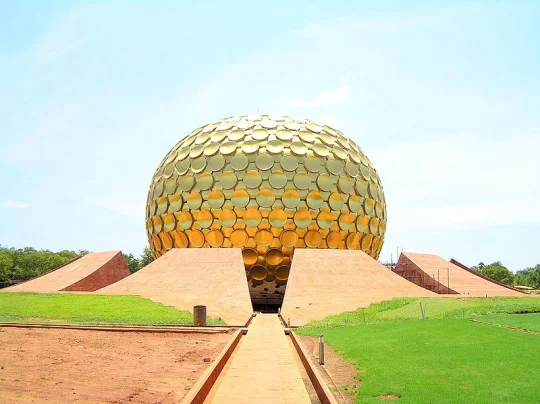
Why It’s Worth It:
- Yoga and sustainable living courses
- Vegan canteens using solar stoves
- Upcycled art workshops
These dome houses are truly hidden eco-stays that reflect Auroville’s ethos of harmony with nature and community living.
6. Pichavaram Mangrove Retreat – Tamil Nadu Coast
Known for having the world’s second-largest mangrove forest, Pichavaram is an ecological marvel. A new initiative now offers simple mangrove-facing cottages made from natural fibers and clay.
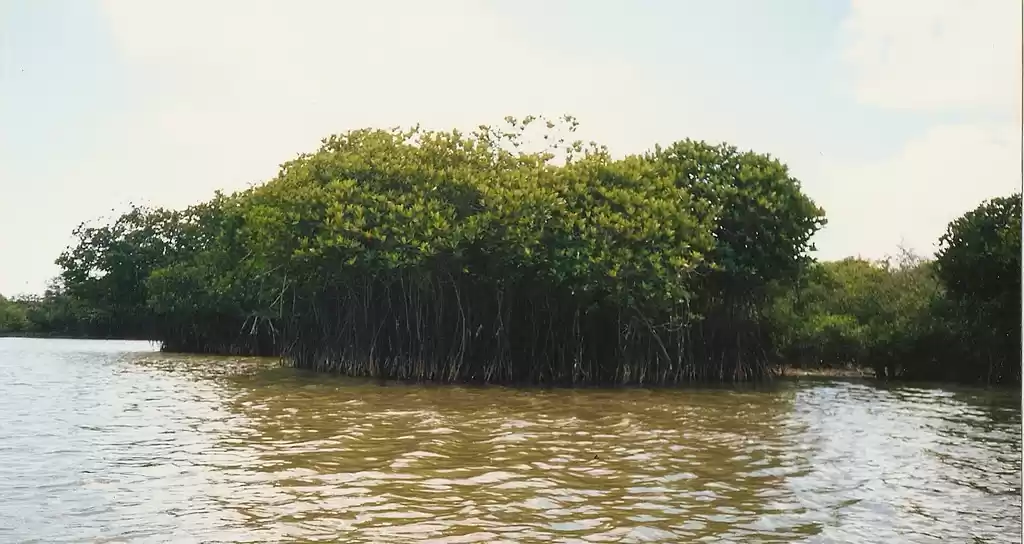
Unique Selling Points:
- Kayaking through dense mangrove tunnels
- Local seafood prepared by fisherwomen
- Eco-literacy sessions on wetland protection
This is a dream hidden eco-stay for travelers interested in aquatic ecosystems and low-impact travel.
7. Araku Valley Coffee Lodges – Andhra Pradesh
Araku Valley is emerging as an eco-tourism hotspot. The coffee lodges here are operated by tribal cooperatives and built using locally sourced materials. Solar lamps, clay walls, and rainwater harvesting are standard here.

Noteworthy Features:
- Coffee tasting tours with tribal farmers
- Trekking through terraced plantations
- Tribal cultural exchange evenings
These hidden eco-stays support indigenous livelihoods and give you a front-row seat to the valley’s magical beauty.
Tips for Choosing Hidden Eco-Stays in Southeast India
If you’re planning your 2025 itinerary, here’s how to ensure your choice is genuinely eco-conscious:
✅ Verify Eco-Certifications: Look for stays certified by Ecotourism India, EarthCheck, or Global Sustainable Tourism Council (GSTC).
✅ Ask About Practices: A true eco-stay should use renewable energy, water conservation, and waste management methods.
✅ Support Local: Choose stays that employ and empower local communities through tourism.
✅ Avoid Over-Touristed Zones: Hidden gems provide a more personal experience and reduce environmental strain.
Why Hidden Eco-Stays Are the Future of Travel
In an age of climate awareness, these Hidden Eco-Stays offer more than just shelter—they offer meaning. Southeast India’s landscapes—from the Deccan Plateau to the Eastern Ghats and Bay of Bengal—are incredibly diverse, and staying in these eco-retreats ensures you enjoy them responsibly.
Whether you’re a solo backpacker, a digital nomad, or a family seeking an alternative vacation in 2025, these eco-stays offer comfort, connection, and a clear conscience.
Final Thoughts
Travel in 2025 is not just about the destination—it’s about the impact. Choosing Hidden Eco-Stays in Southeast India lets you experience the region’s untamed beauty while supporting the planet and local communities. Book early, travel slow, and make memories that are both meaningful and mindful.







